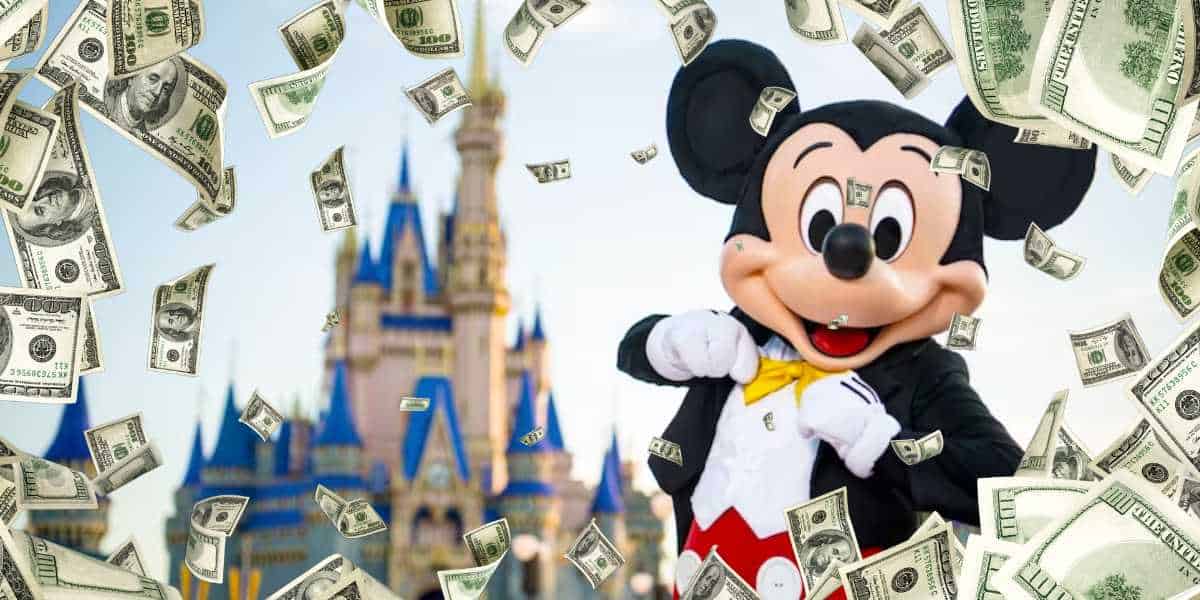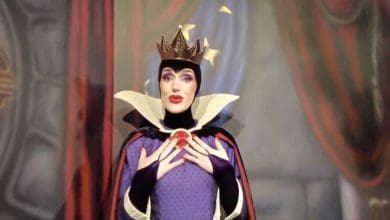Political Shifts Impacting Disney’s Image
The Walt Disney Company has recently made significant changes, mainly removing Diversity, Equity, and Inclusion (DEI) programs. This decision came after broader political trends where several corporations have reduced or eliminated their DEI initiatives. Disney removed any mention of DEI in its quarterly report, attempting to realign its image amid a shifting political landscape.

However, this strategic shift has not gone unnoticed. The public reaction spans the political spectrum, with both left and right factions expressing dissatisfaction. Critics argue that this move alienates core audiences, as Disney has historically represented inclusion and family entertainment values. With the challenge of appealing to diverse values, the company finds itself in a precarious position, facing backlash from both sides of the political divide.
Poll Findings Reflect Consumer Discontent
Recent poll findings reveal significant consumer discontent regarding the Walt Disney Company’s actions. A Harris Poll indicates that approximately 38 percent of Americans have opted not to support brands that do not align with their political views. Disney and Target have been specifically highlighted as companies that have failed to resonate with many consumers’ values.

The survey highlights a broader trend where consumers increasingly purchase based on political beliefs. For companies like Disney, the perception that they do not align with the values held by their audiences could lead to a significant decline in patronage. The statistics reflect a clear message: brands that fail to uphold the values their customers believe in risk losing their loyalty and, ultimately, their business.
Backlash from Both Political Sides
Disney’s recent actions have led to backlash from right-leaning voters, particularly in its ongoing feud with Florida Governor Ron DeSantis. Many conservatives have accused Disney of straying from Walt Disney’s original vision, which they perceive as more family-oriented and less politically charged. Consequently, numerous right-leaning consumers have withdrawn their support from the company, highlighting a strong discontent that might influence their return to Disney parks and products.

Conversely, Democratic voters’ reaction has been equally strong. The perception that Disney is capitulating to political pressures is viewed as a betrayal of the company’s previously held values. The fallout from this political tug-of-war suggests that the Walt Disney Company may struggle to reclaim the loyalty of both political groups that feel overlooked or disenchanted by its recent moves.
Consumer Fatigue: The Cost of Flip-Flopping
The current consumer climate reflects a growing fatigue with politically charged brands. Many consumers are weary of brands’ shifting political narratives. The Walt Disney Company’s apparent flip-flopping on DEI programs has only fueled this disinterest, which means that the public might be less inclined to support brands demonstrating inconsistent political stances.

This perception of betrayal resonates deeply with many who view Disney as having diverged from its core values. Ironically, to attract a right-leaning audience, Disney has inadvertently alienated its traditionally loyal customer base, particularly those who align with progressive values. The long-term implications for the company could be severe as it navigates the complex landscape of consumer expectations in a politically charged environment.
The Walt Disney Company may be at a crossroads; balancing public sentiment and political affiliations poses a significant challenge. With consumer habits increasingly influenced by political alignment, Disney’s attempts to navigate both sides of the aisle may lead to more substantial consumer dissatisfaction, impacting its future brand reputation and financial stability.






The best thing Disney has done is to remove DEI from their agendas. Stick with entertaining our Children and stay out of politics.